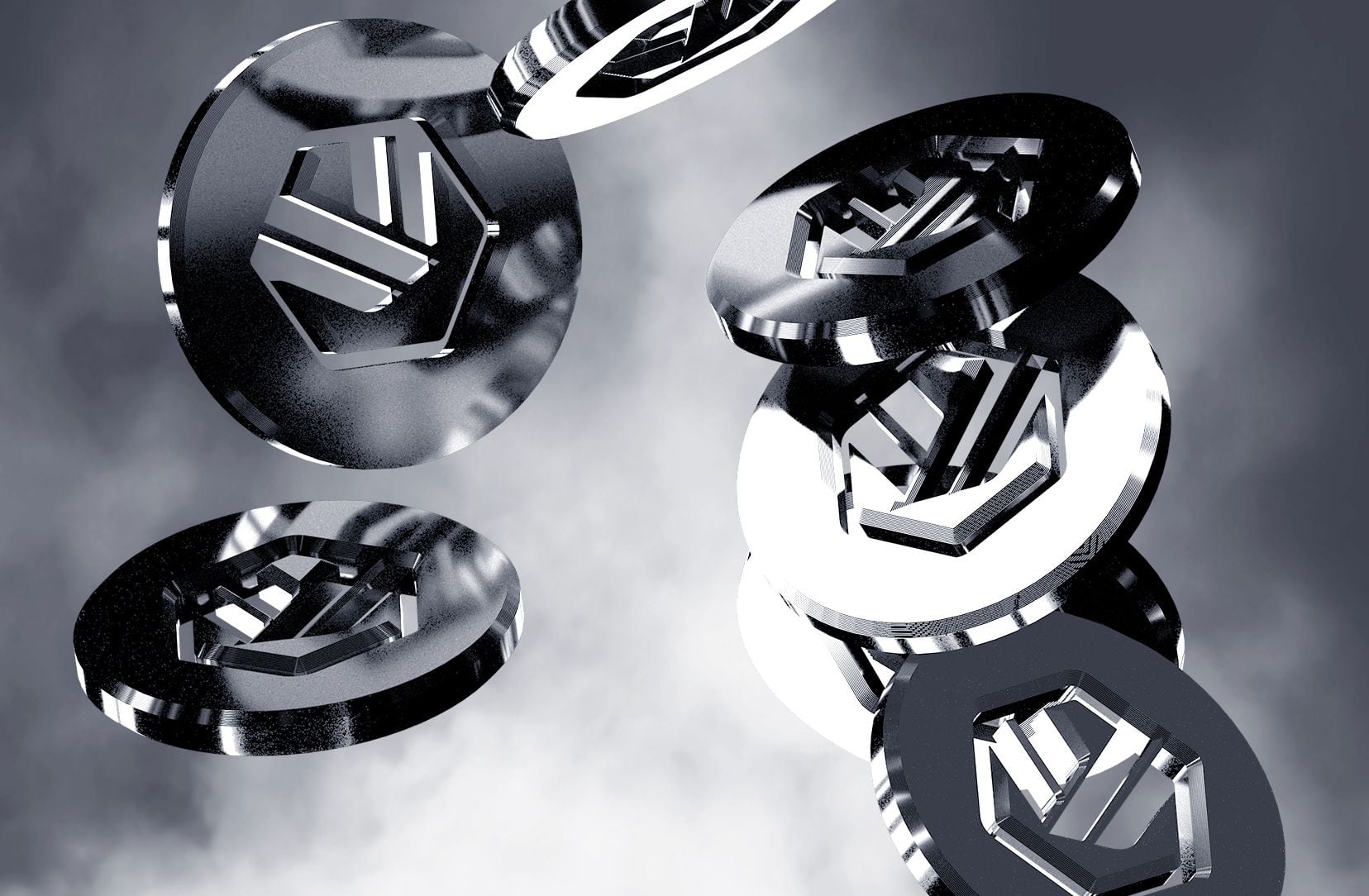Arbitrum is looking for yield. BlackRock came knocking.
0
0

The digital cooperatives that run much of the crypto economy tend to hire crypto-native companies when they need a security audit, help managing their finances, and other services.
But a pair of firms with ties to Wall Street entered the messy world of DAO governance this past weekend when they offered to help Arbitrum DAO diversify its holdings.
The year-old DAO — short for decentralised autonomous organisation, ostensibly leaderless organisations run by token holders — wants to invest 35 million ARB tokens, worth about $37 million, for stable, liquid assets that “provide yield uncorrelated to crypto markets that is at least commensurate with the so called ‘risk free rate of return’ of US Treasuries.”
In an open call that ended Sunday, more than two dozen companies pitched their own products. The list includes DeFi protocol Frax, and real-world asset companies Ondo and Centrifuge.
But it also included two surprises: Franklin Templeton, the Wall Street-born, trillion-dollar asset manager, and Securitize, a seven-year-old company that has been helping the world’s largest asset manager, BlackRock, with its push to tokenise assets like stocks and bonds by bringing them onto a blockchain.
It’s just the latest example of more traditional financial institutions — “TradFi” in crypto industry shorthand — wading deeper into the crypto economy.
New to DAOs
While some have experimented with bespoke, private blockchains or offered Bitcoin exchange-traded funds, few engage directly with DAOs, cooperatives whose public and occasionally contentious decision-making often make headlines.
“Incredible effort from the @arbitrum DAO and the team at @OffchainLabs to get institutions comfortable with submitting a proposal on a public forum,” Ryan de Souza, who focuses on partnerships at Arbitrum parent company Offchain Labs, wrote on X.
“What started out as a brainstorming session around providing support for RWA teams, turned into an amazing governance proposal and participation across DeFi and TradFi teams looking to bring RWAs to Arbitrum,” he added, using the acronym for real-world assets.
Dubbed the Arbitrum Stable Treasury Endowment Program, or STEP for short, the initiative grew from conversations with protocols on the Arbitrum blockchain, according to the DAO’s request for applications.
“Our conversations with RWA protocols on Arbitrum indicate that they do not want grants so much as legitimate customers of their product,” the request reads. “Another way of looking at STEP is as an ecosystem growth program for the RWA vertical on Arbitrum.”
The tokenisation of real-world assets was one of the most talked-about uses of blockchain technology in 2023, though it has contracted this year with the return of crypto’s bull market and high-risk, high-reward trades.
Nevertheless, it continues to have its proponents, including BlackRock CEO Larry Fink.
“The next generation for markets, the next generation for securities, will be the tokenisation of securities,” Fink said during a DealBook event in 2022.
Crypto experience
In its STEP application, Securitize pitched BUIDL, BlackRock’s $381 million, Ethereum-based tokenised fund, which recently overtook Franklin Templeton’s FOBXX as the largest in the industry, according to data from RWA.xyz.
Securitize said it isn’t exactly a stranger to DAOs.
“As a top 10 transfer agent, Securitize has worked with a considerable list of crypto-native firms, notably working through what [know-your-customer] processes and requirements look like for DAOs,” Jonathan Espinosa, the firm’s director of investments, wrote in the application.
Franklin Templeton pitched FOBXX, whose BENJI tokens live on the Stellar and Polygon blockchains.
The company, which once submitted a similar proposal in the MakerDAO forum, also touted its crypto experience.
“We have operated nodes on both the Provenance and Stellar blockchains since 2019,” Franklin Templeton wrote in its application. “In 2021, we began operating node validators and staking on four additional Proof-of-Stake blockchain networks: Ethereum, Cardano, Solana and Polkadot. In 2023, we began supporting Polygon, Aptos, Avalanche and Arbitrum.”
A committee of several organisations with deep experience in DAO governance will review the applications, and is expected to make a decision in June.
Aleks Gilbert is DL News’ New York-based DeFi correspondent. You can reach him at aleks@dlnews.com.
0
0







